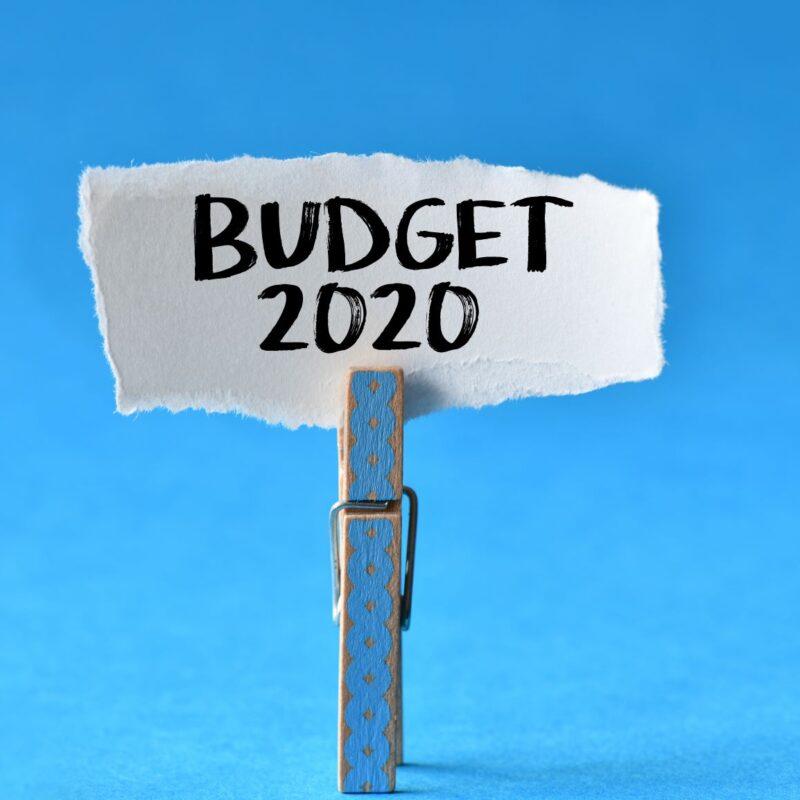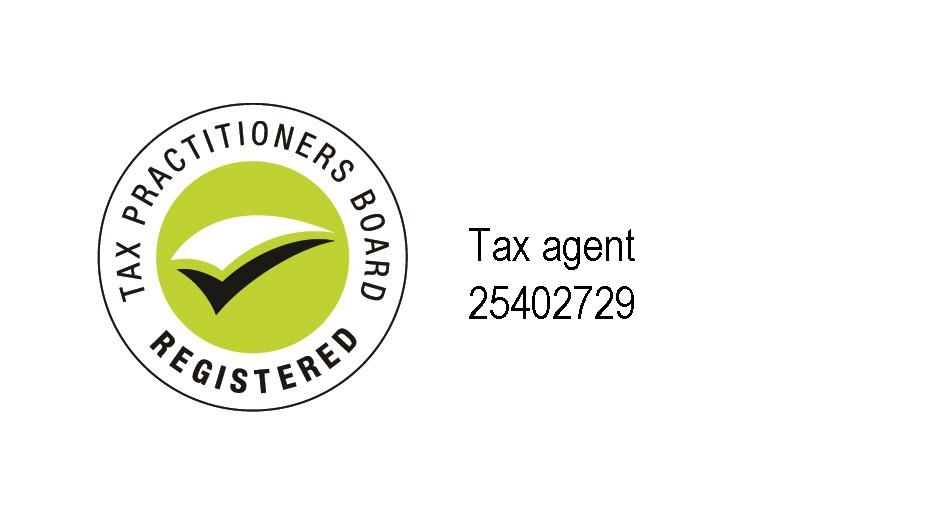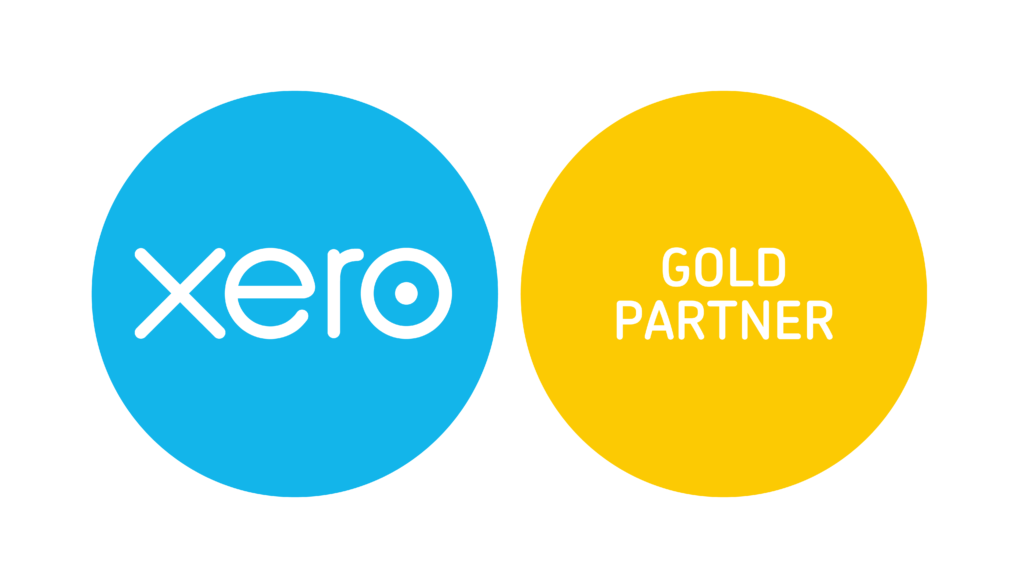Overview of the Australian Federal Budget 2020-21

Key Points
The Federal Budget for 2020 has been revealed. The Government’s economic response to these unprecedented circumstances is designed to support Australian households and businesses through an exceptionally difficult period. In brief:
- A record $213.7b deficit
- Net debt predicted to peak at $966b by June 2024
- Unemployment to peak at 8% in December 2020
Full Article
The Federal Budget for 2020 has been revealed. The Government’s economic response to these unprecedented circumstances is designed to support Australian households and businesses through an exceptionally difficult period. It has helped keep businesses in business and Australians in jobs through the JobKeeper Payment and Boosting Cash Flow for Employers, and supported Australians in need with the Coronavirus Supplement and $750 payments to those on certain income support.
The major messages in the budget are as follows:
- The budget provides a long, debt-ridden road to recovery as the government announces spending measures to keep people employed and businesses functioning
- The government forecasts a record $213.7 billion deficit and predicts net debt to peak at $966 billion (44% of GDP) by June 2024
- Unemployment is expected to peak at 8% in December 2020, keeping the government focused on creating jobs. It expects unemployment to fall to 6.5% by June 2022
The Government aims to counter the effects by spending big on infrastructure, job creation, asset write-offs and personal tax cuts.
The question remains, will the Budget encourage Australians and businesses to spend?
With unemployment expected to peak at 8% in December 2020, the Government is focused on growing the economy and creating jobs, with unemployment expected to reduce to 6.5% by June 2022.
However, there is no indication of how the Government plans to fund this expenditure and ultimately repair the Budget. That will happen when unemployment falls below 6%.
Accelerated Personal Tax Cuts
An additional $17.8 billion announced in personal income tax relief has been announced, to support the economic recovery, including an additional $12.5 billion over the next 12 months.
More than 11 million taxpayers will get a tax cut backdated to 1 July 2020 as the government brings forward its ‘Stage 2’ plan. In 2020-21, low- and middle-income earners will receive tax relief of up to $2,745 for singles, and up to $5,490 for dual income families, compared with 2017-18 settings. Treasury expects most of the benefits will go to those on incomes below $90,000.
Extended Instant Asset Write-Off
The instant asset write-off is being made even more generous and temporarily extended. From 7:30pm (AEDT) on 6 October 2020 until 30 June 2022, businesses with turnover up to $5 billion will be able to deduct the full cost of eligible depreciable assets of any value in the year they are installed. The cost of improvements to existing eligible depreciable assets made during this period can also be fully deducted.
Small Business Loss Carry Back
Companies with turnover up to $5 billion will be allowed to offset losses against previous profits on which tax has been paid, to generate a refund. Eligible companies can carry back tax losses from the 2019-20, 2020-21 or 2021-22 income years, to offset previously taxed profits in 2018-19 or later income years. Companies may elect to receive a tax refund when they lodge their 2020-21 and 2021-22 tax returns.
Additional R&D Incentives
An additional $2 billion is being invested through the Research and Development Tax Incentive. For small businesses with a turnover less than $20 million, the refundable R&D tax offset will increase and, there will be no cap on annual cash refunds. For larger businesses, the intensity test will be streamlined, and the non-refundable R&D tax offset will be increased.
The cap on eligible R&D expenditure will be lifted from $100m to $150m per annum. These changes apply from 1 July 2021 and are expected to support more than 11,400 companies that claim the incentive.
Expanded Small Business Tax Concessions
Amendments will allow businesses with less than $50m aggregated annual turnover (up from $10 million) to access up to 10 small business tax concessions.
Super Reforms
Under the Government’s latest reforms to super, employers will effectively stop offering a default fund and superannuation funds will be required to meet an annual performance test under guidance from APRA. The Government will also establish an online comparison tool known as ‘Your Super’.
Transport Infrastructure Spend
Infrastructure investment announced in the Budget now totals $14b in new and accelerated projects over the next four years. The projects are expected to support 40,000 jobs during their construction.
There is also an additional $3b for small scale road safety and the Local Roads and Community Infrastructure programs, supporting a further 10,000 jobs. Funding will be provided to state and local governments on a ‘use it or lose it’ basis.
Jobmaker Hiring Credit
The $4b JobMaker Hiring Credit will be payable for up to 12 months, for each new job and is available from 7 October 2020 to employers who hire eligible employees aged 16-35. The Hiring Credit will be paid quarterly in arrears at the rate of $200 per week for those aged between 16-29, and $100 per week for those aged between 30-35.
Eligible employees are required to work a minimum of 20 hours per week.to be eligible, and employers will need to demonstrate an increase in overall employee headcount and payroll for each additional new position created. Treasury estimates that this will support around 450,000 jobs for young people.
New Apprenticeships and Trainees
Businesses that take on a new apprentice or trainee will be eligible for a 50% wage subsidy starting 5 October 2020. However, the subsidy is capped at 100,000 workers. The $1.2b subsidy will be available to employers of any size or industry.
Insolvency Reforms
Forming part of the ‘cutting red tape’ initiatives, are recently announced reforms to the insolvency framework. The changes, which will start on 1 January 2021, would enable more Australian small businesses to quickly restructure.
If you have any questions or need advice and clarity specific to your situation, feel free to contact Semmens & Co on 03 8320 0320 for a free consultation.







